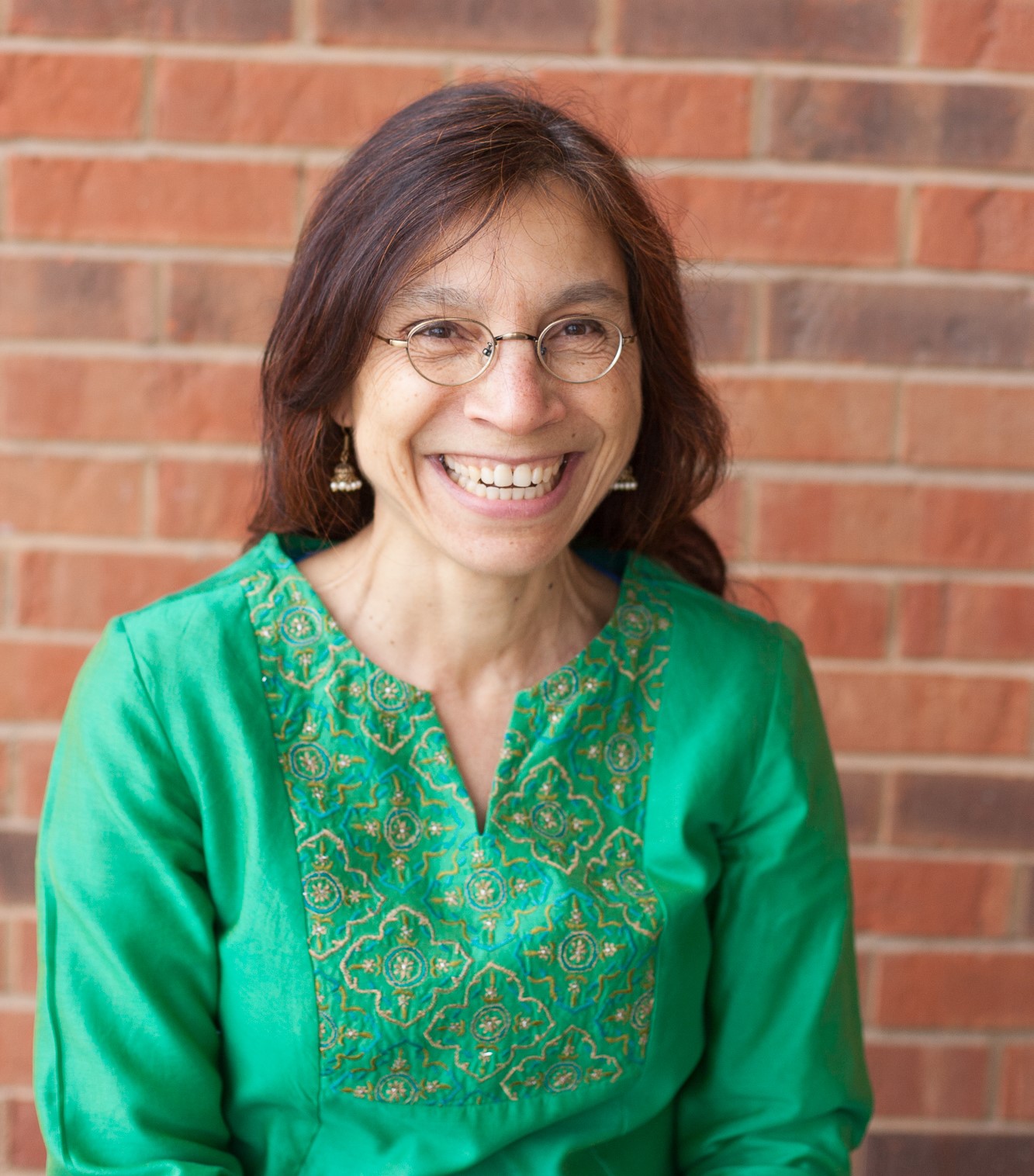Peterka returned to Africa to work on a new project called “When The Saints,” a now profit organization pushing “to challenge the church to rise to its potential in the fight against global injustice.”

Steven Duncan
– Staff Writer –
In 2009, STLCC-Meramec alumnus David Peterka traveled for three and a half months through Africa filming “Give a Damn?”(GAD?), an adventure documentary about a Christian and an atheist living in slums and extreme poverty to learn their responsibility in giving a damn for the poor of the world.
The documentary began as an idea of Meramec alumnus Dan Parris while thinking of ways to help the poor after returning from a trip to the Kibera slum in Nairobi, Kenya, a slum housing more than one million people in an area the size of New York’s Central Park.
The original plan was to have Peterka film Parris, a Christian, and Rob Lehr, an atheist, hitchhiking across the United States, Europe, and finally to Africa, while asking people along the way “what they feel toward Third World poverty” and “what they think really works to fight it.”
“One of our big goals was to make a documentary about poverty that was entertaining and kind of exciting in its adventure,” Peterka said. “A hitchhiking adventure that anyone would love to watch… while presenting with a roundabout message that poverty in the world doesn’t compare at all with poverty in America, because global poverty is way worse.”
Arriving in Africa, they met up with Peterka’s brother Meramec alumnus Tim Peterka, who would be the team’s cameraman in Africa.
As Parris and Lehr were filming aerial footage over Kibera’s rooftops, the plane crashed. Both pilots, Frank Toews and Ryan Williams were killed. Parris and Lehr were critically injured but survived and returned to the United States to recover. David and Tim Peterka continued on the mission to film the documentary.
After filming, David Peterka returned to the United States and searched for his purpose in life. David Peterka started a non-profit organization called, “When the Saints,” he said, “to challenge the church to rise to its potential in the fight against global injustice.”
One and a half years later, David Peterka returned to Africa to meet with government officials, non-governmental organizations (NGO), and church pastors in Malawi, a country in southeast Africa, where they have decided to build the first rehabilitation center for “When the Saints.”
“For one and a half years, I’d planned on building this safe-home for girls [who were] essentially forced into brothels and prostitution,” David Peterka said. “I had never been [to Malawi] before so I was scared to put so much faith into this idea but not really know if it could be a reality.”
On his visit to the Dowa district, which has a population of approximately 400,000, in central Malawi, David Peterka learned that there is a huge need for the rehabilitation center.
“In 2010 there were 3,459 cases of gender-based violence, rape, defilement and exploitation sexually,” David Peterka said. “And out of those, only 39 of the men who were the perpetrators actually went to jail for an average of two to three years and the age of these girls was like 12 and 13.”
For comparison, in 2010 the city of St. Louis had a population of about 320,000 with 188 forcible rapes reported, according to Saint Louis Metropolitan Police Department statistics.
“To see this immense and incredible need for this rehabilitation center was really hard for me to see,” Peterka said. “But it’s going to do a lot of good.”
When the Saints hopes to raise $100,000 from donations and fundraisers through this year so they can break ground for the facility in March 2012.
“The facility should house 40 to 50 girls and provide vocational training so the girls can learn a skill and support themselves without having to sell their bodies,” David Peterka said.
David Peterka will return to Malawi this summer to develop a network with the police force in the Dowa district and to get acclimated with the people there.
In regards to the GAD? documentary, David Peterka said they are finishing up the final touches of the original score and the documentary is about 98 percent complete.
“We’ve entered into a couple film festivals,” David Peterka said. “We’re hoping that a distributor picks it up, markets it or buys the rights for it.”
If the film is not picked up by a distributor, the GAD? team said that they will go on tour with the documentary to different churches and schools.
“The best way to fight extreme poverty and radical global injustice is by taking time to focus on relationships around you and try to strengthen those,” David Peterka said. “The stronger and closer we are connected and build and add value to those around us… that affects the world.”











